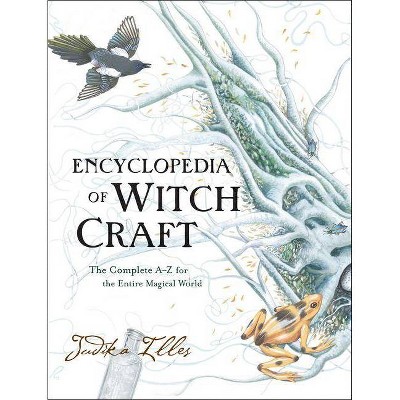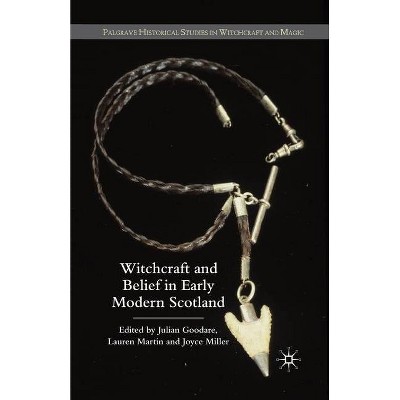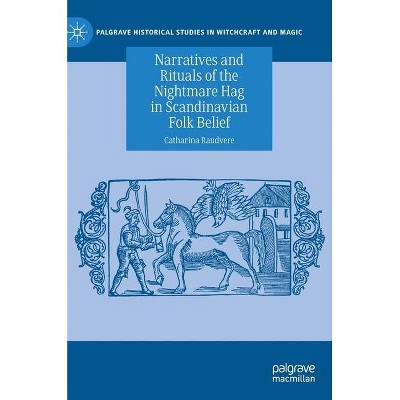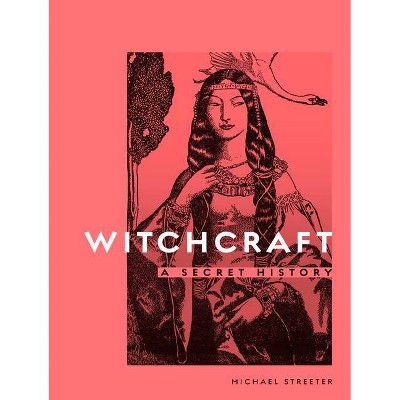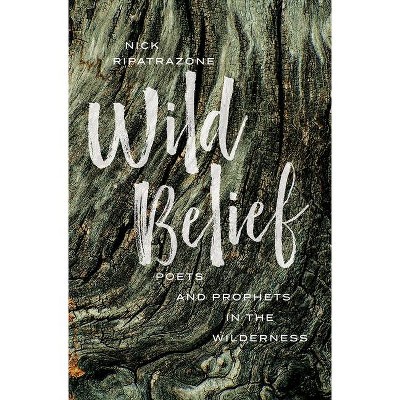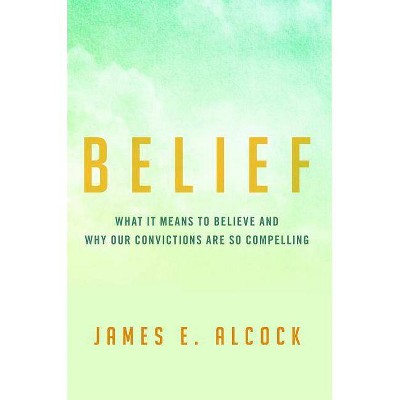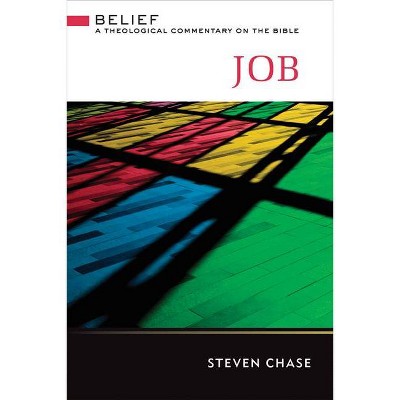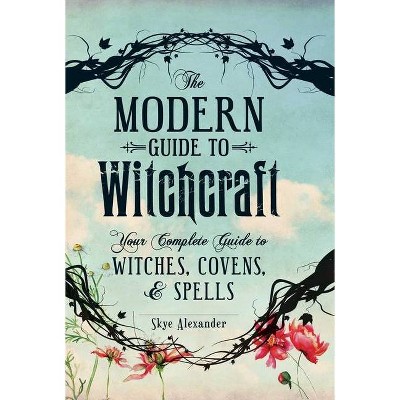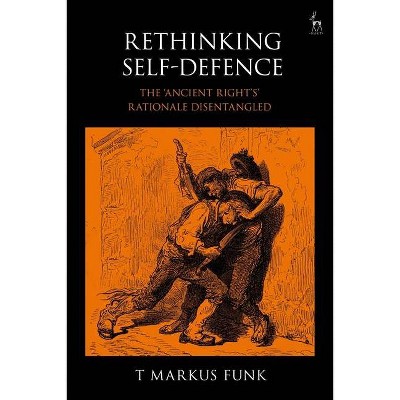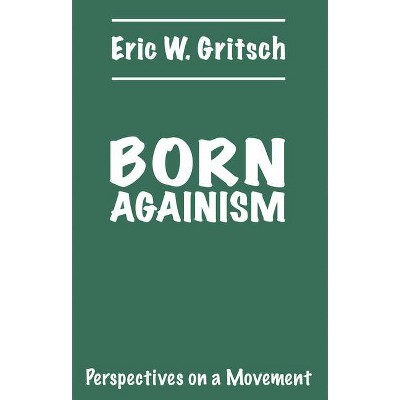A Defence of Witchcraft Belief - Annotated by Eric Pudney (Hardcover)
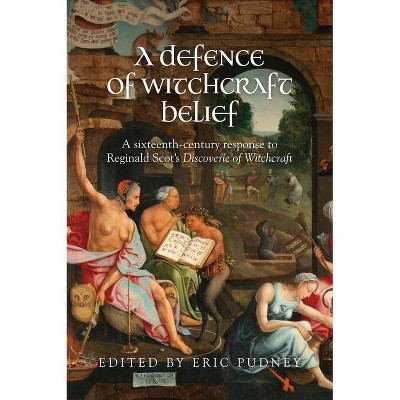
Similar Products
Products of same category from the store
AllProduct info
<p/><br></br><p><b> About the Book </b></p></br></br>This edition of a previously unpublished manuscript defence of witchcraft belief offers a unique insight into learned opinion on the subject in Elizabethan England. It includes a comprehensive analytical introduction and will appeal to scholars with an interest in witchcraft across disciplinary boundaries.<p/><br></br><p><b> Book Synopsis </b></p></br></br>This is the first published edition of a fascinating manuscript on witchcraft in the collection of the British Library, written by an unknown sixteenth-century scholar. Responding to a pre-publication draft of Reginald Scot's sceptical <i>Discoverie of Witchcraft</i> (1584), the treatise represents the most detailed defence of witchcraft belief to be written in the early modern period in England. It highlights in detail the scriptural and theological justifications for a belief in witches, covering ground that may well have been considered too sensitive for print publications and presenting learned arguments not found in any other contemporary English work. Consequently, it offers a unique insight into elite witchcraft belief dating from the very beginning of the English witchcraft debate. This edition, which includes a comprehensive analytical introduction, presents the treatise with modernised spelling and relevant excerpts from Scot's book.<p/><br></br><p><b> From the Back Cover </b></p></br></br>This is the first published edition of an extraordinary manuscript on witchcraft in the collection of the British Library, written by an unknown sixteenth-century scholar. Responding to a pre-publication draft of Reginald Scot's sceptical <i>Discoverie of Witchcraft</i> (1584), the treatise represents the most detailed defence of witchcraft belief to be written in the early modern period in England. The manuscript rejects the arguments presented in Scot's work, covering ground that may have been considered too sensitive for print publications and presenting learned arguments not found in any other contemporary English work. Rather than merely asserting the existence of witches, it highlights the scriptural and theological justifications for belief. Perhaps more importantly, it also argues for the unacceptability of <i>dis</i>belief. It therefore offers a unique insight into elite witchcraft belief dating from the very beginning of the English witchcraft debate. This edition presents the treatise with modernised spelling for ease of reading. It is fully annotated, with translations provided for passages in Latin, and includes a comprehensive analytical introduction that discusses the provenance, date, authorship and significance of the treatise and sets it in historical context.<p/><br></br><p><b> About the Author </b></p></br></br>Eric Pudney is a postdoctoral researcher at Mid-Sweden University
Price History
Price Archive shows prices from various stores, lets you see history and find the cheapest. There is no actual sale on the website. For all support, inquiry and suggestion messagescommunication@pricearchive.us
